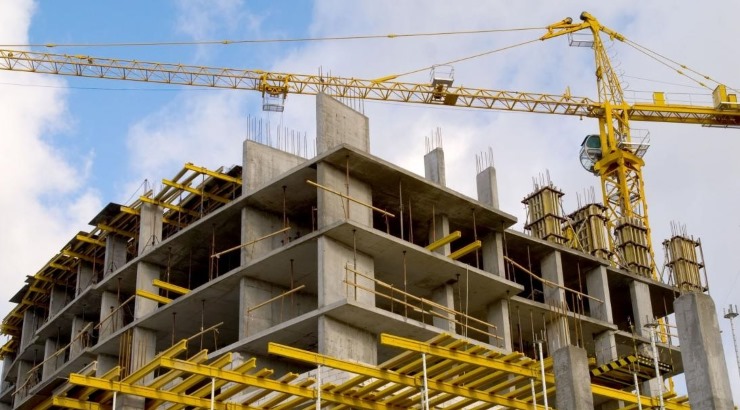Residential Projects
Jail awaits builders who fail to complete works within 5 years
New law orders counties to punish applicants who fail to complete projects within five years.

A majority of Kenyans prefer to build their homes in stages – using cash savings – as they try to circumvent the high mortgage rates in the country.
This method of development, however, delays completion of some projects by up to ten years or more especially for individuals with limited financial resources or in cases where a developer loses his income in the course of construction.
As a result, it is common to see shells of under-construction maisonettes and bungalows rusting away in various estates across the country.
This trend is, however, likely to fade away soon following the enactment of a law that compels builders to complete works within five years.
The Physical and Land Use Planning Act, 2019, which was enacted last month, orders counties to impose harsh penalties on applicants who fail to complete their projects within five years.
Under the new law, it is also mandatory for a developer to begin construction within three years of obtaining approval by the county government, failing which the permission will slip away.
Developers will be deemed to have committed an offence if they begin construction before development permission has been issued, or has been revoked or modified.
The new law is receiving some backlash from a section of Kenyans, who fear it will hinder cash-strapped developers from taking the leap – further straining housing development in the country.
“Incremental building is a concept that would do best if supported as opposed to trying to kill it,” says Joseph Maina, who is building a three-bedroom house in Athi River.
“Furthermore, there is nothing wrong with taking more than five years to finish construction as long as the project is done professionally.”
Other Kenyans see the new law as unrealistic, arguing that it seeks to punish ordinary citizens trying to put roofs under their heads.
“A law to penalise builders who run out of funds is out of order,” says Peter Munyi, a resident of Thika. “It is another case of bureaucrats who have no clue about the challenges facing builders.”
There is also a group of people who feel that the law is a ploy to force people into taking expensive bank loans to complete their projects on time.
“When people build out of their pockets, they do it slowly while avoiding banks and their predatory interest rates,” says Wanza Angela, a Kenyan based in New York. “I think influential people with huge interests in banks want to force people into taking up construction loans.”
According to David Gatimu, an official of Town and County Planners Association of Kenya, the requirement that projects must be completed in five years may not be applicable in all cases.
“While it may take just a few months to complete a bungalow, it may take more than five years to complete a complex block of apartments of office blocks,” Mr Gatimu told the Saturday Standard.
The rule is also said to be punitive since some delays could be caused by regulatory conditions.
“You can get a development approval and spend the next one year trying to secure a Nema licence,” Daniel Ojijo, the CEO of Nairobi-based Home Universal, said in an earlier interview.












